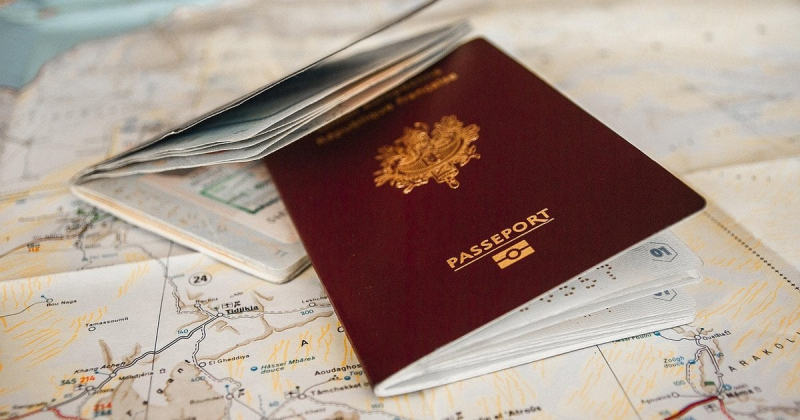Portugal introduces testing, oath and new residency periods for those wishing to become citizens.

Portugal has made it much more difficult to obtain citizenship. Now, to obtain a Portuguese passport, you must legally live in the country for at least ten years, pass language tests, know the political system and the rights of citizens, and publicly swear allegiance to democratic values.
Euronews writes about this.
These changes are the result of a decision by the Council of Ministers of Portugal, which approved four pieces of legislation concerning citizenship and immigration policy. According to the Minister Delegate to the Government, António Leitão Amaru, from now on the period of stay for applying for citizenship will be calculated not from the moment of filing the application, but from the date of obtaining the residence permit. This step, as the official noted, is aimed at strengthening the applicant's connection with Portuguese society.
In addition, children of foreigners born in Portugal will no longer receive automatic citizenship. In order for such a child to become a citizen, his parents must legally reside in the country for at least three years and file a corresponding petition. The government also clarified that the fact of birth itself no longer guarantees citizenship without an expression of will.
Another important innovation concerns knowledge of the Portuguese language, culture and political system. Now, each applicant must undergo mandatory testing, as well as provide a written declaration of commitment to the democratic principles on which the state is based.
Separately, the special regime for descendants of Sephardic Jews, which previously allowed simplified naturalization, was abolished. Now citizenship by descent will be possible only for the great-grandchildren of such persons and only if the general conditions for naturalization are met.
The new rules also provide for the possibility of depriving individuals who have been naturalized of citizenship if they have committed particularly serious crimes that carry a minimum sentence of five years in prison. This innovation is defined as an additional punishment tool that will be applied by a court decision.
The changes also affected the Law on Foreigners. Now, the right to enter the country without an employment contract will be allowed only for highly qualified specialists. The government plans to cooperate with universities to attract talents within the framework of a special program. In addition, immigrants will be able to reunite with their families only after two years of legal residence in Portugal.
As for citizens of countries belonging to the Community of Portuguese-Speaking Nations, they will be able to continue to enter the country, but their residence permit will be limited by the new rules. It has also been decided to create a new border police unit within the Public Security Service, which will control the entry and deportation of violators.
Portugal is betting on a deeper integration of immigrants into society with these innovations, giving preference to qualified and motivated candidates who share the country's values. It is also a response to growing security challenges and the need to modernize immigration policies.
Let us recall that we previously wrote that Poland’s main opposition party PiS is proposing to tighten the rules for obtaining citizenship for migrants who want to become Poles.

